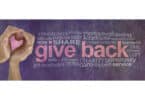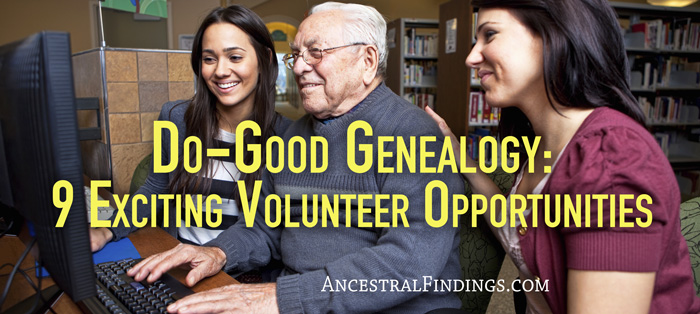Genealogy isn’t just a hobby; it’s an adventure into the past, uncovering hidden treasures and surprising connections. One conversation, in particular, stands out as a turning point in my genealogy journey. This chat didn’t just change my research approach—it completely transformed my understanding of family history.
Let me take you back to a crisp autumn afternoon in Pittsburgh, Pennsylvania. The air was fresh with the scent of fallen leaves, and I had just finished a local genealogy workshop. Excited to dig deeper into my family’s history, I headed to the library. That’s where I met an elderly gentleman named Mr. Thompson, poring over old records. Little did I know that this chance encounter would change everything.
Mr. Thompson, with decades of experience in genealogy, had a sparkle in his eyes that showed his passion for family history. We exchanged pleasantries, and soon, we were engrossed in conversation about our family trees.
“What’s the biggest brick wall you’ve hit in your research?” he asked, leaning back in his chair.
I sighed and shared the story of my great-great-grandfather Jacob, a German immigrant who disappeared from records after arriving in America in the late 1800s. I had scoured census records, immigration documents, and city directories, but Jacob remained a mystery.
Mr. Thompson listened closely, nodding now and then. When I finished, he leaned forward, eyes twinkling with curiosity. “Have you tried looking at church records?”
I blinked, surprised. “Church records? I’ve thought about it, but I wouldn’t know where to start.”
That’s when the magic of our conversation began. Mr. Thompson explained that church records, especially those from immigrant communities, are gold mines of information. Baptisms, marriages, burials—these records often fill in the gaps that official documents miss. They not only provide dates and names but also reveal connections between family members and insights into the community they lived in.
Feeling a spark of hope, I asked, “But how do I find these records?”
Mr. Thompson smiled and shared a treasure trove of tips. He suggested starting with churches in the area where Jacob had lived. Local historical societies or regional archives often hold these records. He also recommended reaching out to the churches directly, as many kept extensive archives. And if language was a barrier, he advised finding a local genealogical society or online community for help with translations.
Our conversation stretched on, covering various aspects of genealogical research. Mr. Thompson shared stories of his own breakthroughs, like the time he found his great-aunt’s birth record in a tiny village church in Ireland, unlocking a whole branch of his family tree that had been lost to history.
Inspired and armed with new strategies, I thanked Mr. Thompson and promised to keep him updated on my progress. I left the library that day with a renewed sense of purpose. My next stop was the historical society, where I began my search for church records related to Jacob’s life.
It took some time and persistence, but eventually, I struck gold. At a small, nondescript church on the outskirts of Pittsburgh, I found a record of Jacob’s baptism. There, in elegant cursive, was not only his name but also the names of his parents and siblings. This discovery opened up new avenues of research and helped me uncover more about my family’s German roots.
But the impact of that conversation went beyond finding Jacob. It fundamentally changed my approach to genealogy. I began to see the value in exploring unconventional resources and realized that genealogy isn’t just about collecting names and dates; it’s about understanding the lives and communities of our ancestors. Every piece of information, no matter how small, contributes to a larger tapestry of family history.
Mr. Thompson and I kept in touch, and he continued to be a source of guidance and inspiration. His willingness to share his knowledge and the simple act of listening to my challenges transformed my research journey. It taught me the importance of community in genealogy—how sharing stories, tips, and encouragement with fellow researchers can lead to breakthroughs we might never achieve alone.
Looking back on that autumn day, I am grateful for the serendipitous meeting with Mr. Thompson. It reminded me that sometimes, the most valuable resources in genealogy aren’t found in dusty archives or online databases, but in the wisdom and generosity of those who share our passion.
So, to anyone reading this who might be feeling stuck or frustrated in their genealogical research, remember this: don’t be afraid to reach out, ask questions, and engage with the community. Sometimes, the conversation that changes your life is just a library visit away.
And if you’re ever in Pittsburgh and find yourself at the local library, take a moment to chat with the person next to you. You never know—you might just meet someone like Mr. Thompson, whose insights and kindness could lead you to the next big breakthrough in your family history journey.


